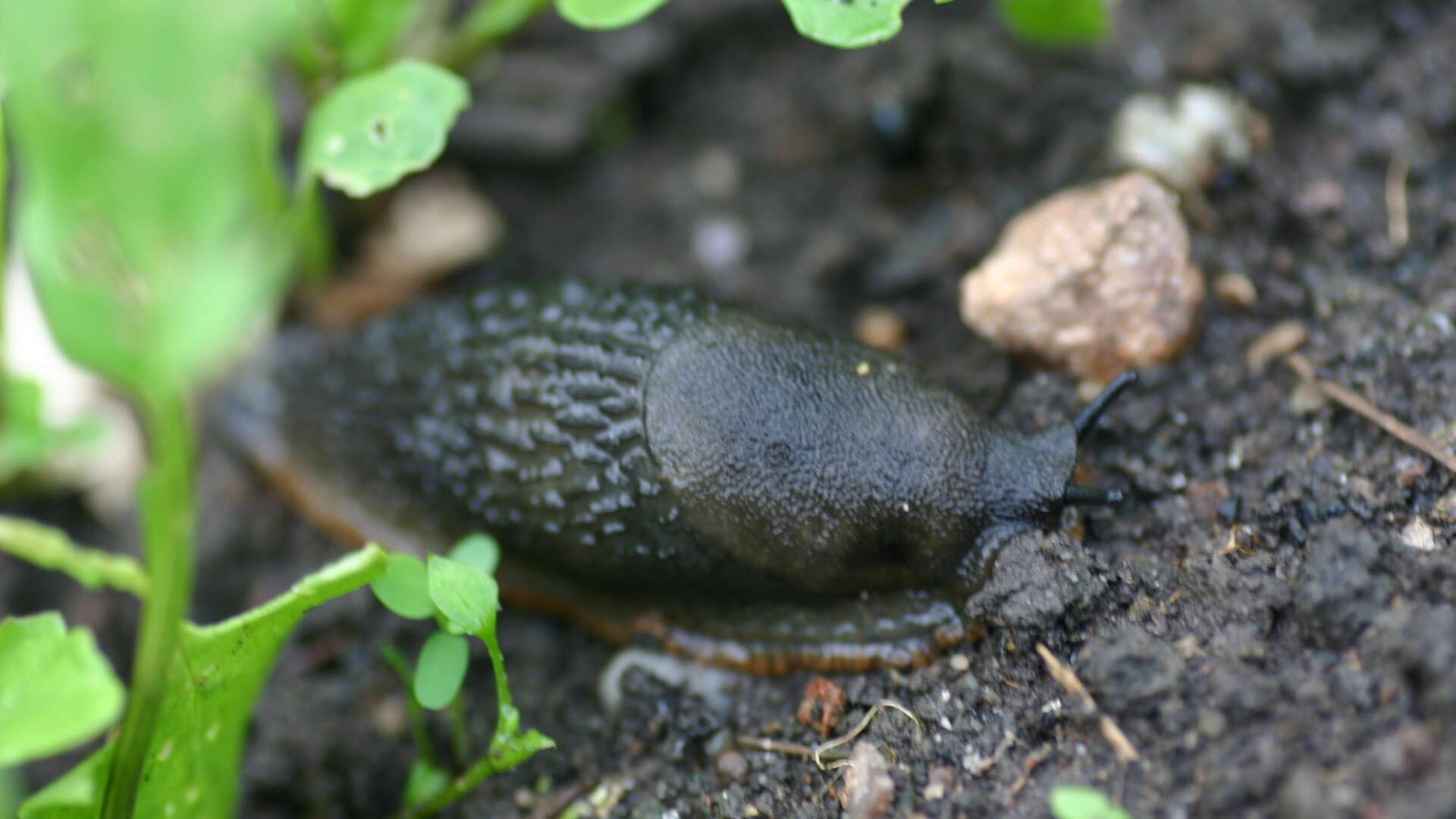RHS trials - organic slug pellets perform as well as than those with toxic metaldehyde

This two year scientific study aims to identify more effective ways to control slugs and snails. It has shown that organic slug pellets performed almost as well as their market leading non-organic equivalent across a range of plants, including daffodils, hostas, lettuces and beans. And the organic pellets outperformed their rivals when used on hostas. Garden Organic has full information on how to manage slugs and snails the organic way. See here.
Organic slug pellets contain Ferric Phosphate or Iron III phosphate as an active ingredient. Called Ferramol, it affects the calcium metabolism in the gut system of snails and slugs causing them to stop feeding and die within three to six days. Only these species are targeted, causing no ill effects to other creatures. Any uneaten pellets will eventually break down into phosphate and iron which will then be taken up as nutrients by surrounding plants. Ferramol does not have any 'side effects'. If the pellets (or the slugs which have eaten them) are eaten by birds, mammals etc, they will suffer no adverse effects. However, use sparingly.
Other initial findings from the trials looked at nematodes, which provided good levels of control for daffodils, but only intermediate control for lettuces. However, when combined with mulch they were less effective on hostas and beans. Mulches in general performed badly as a deterrent, no doubt because the organic matter provided a warm, damp nutrient-rich area loved by the gastropods.
Read the interim results of the trial here and the full outline of the ongoing trial here.